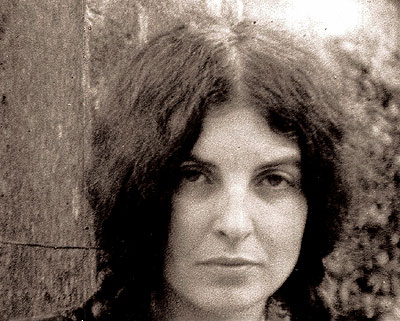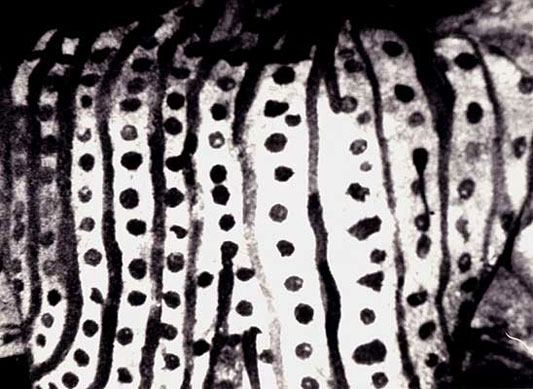In Memoriam: Raymonde Carasco 1933-2009
In Memoriam: Raymonde Carasco 1933-2009 |
|||
|
|
 portrait by Gérard Courant, Cinématon n°32, 1978 |
|
Raymonde
Carasco, Master of the Ethnographic Poem
Nicole Brenez |
|
On
discovering the work of Raymonde Carasco – an exemplary poetic enterprise in
contemporary cinema – suddenly it seems that film is at last accomplishing the
ideals of German Romanticism. 'If you wish to enter into the depths of the
physical', wrote Schlegel, 'you must first be initiated into the mysteries of
poetry'. How can cinema reach the poetic truth of phenomena, how should the
sensual description of appearances and particularities be converted into such a
'magnetic song'?
We
must thus go back to the very origin of Carasco's quest. She did not set out
for
Even
before finding her place on those Mexican plains (in film and video works
dating from 1978 to 2003), the formal elegance that structures Carasco's style
in Gradiva – esquisse I (1978) exhibited
the plastic structures associated with ritual: fragmentation, monumentality,
fetishisation, seriality. But here, cinema monumentalises nothing other than
the real itself – at the heart of which Carasco isolated a privileged motif: gesture.
Carasco
shows us that every human gesture – beginning (as in Muybridge and Marey) with
walking and running – results less from the singular characteristics of an
individual, concrete body than from the total relationship of man to his world.
Every gesture is a mythography; and
what Raymonde Carasco captured of the Tarahumaras (like Jean Rouch with the
Dogons) shows us how we, too, are turbulent marionettes ... albeit pulled by less
magical strings.
|
|
|
 Los Pintos - Tarahumaras 82 (Raymonde Carasco, 1982) |
|
Text © Nicole Brenez 1999. Translation © Adrian Martin March 2009. |
|||